Providing a listening ear for half a century
People
On September 2 supporters of Birthline will gather to celebrate the anniversary of an organisation that for 50 years has been providing a phone counselling service for women facing an unexpected pregnancy. But its future is less certain as donations dwindle and the general community seemingly becomes more accepting of abortion.
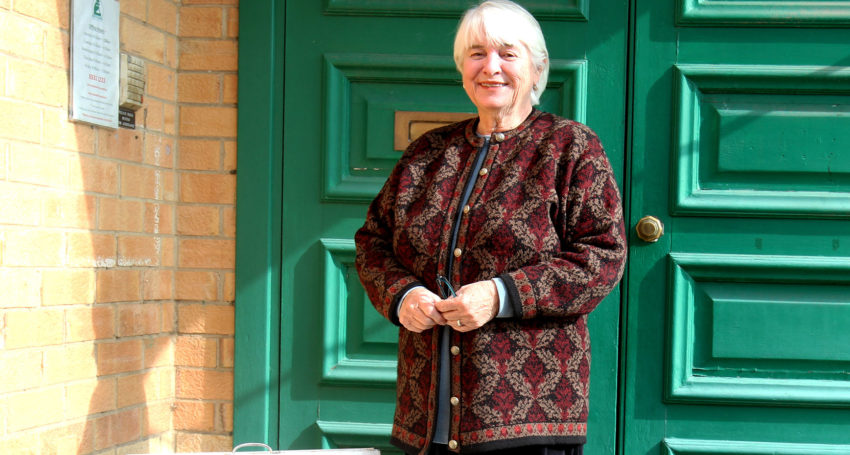
In 1972 when Birthline opened its doors and phone lines, times were very different in South Australia.
Abortion had been legalised only three years earlier in 1969, and the community was still very much divided over the rights of the unborn child. In a bid to change the legislation, the Right to Life Association was established and then in 1972 a new counselling service, to be called Birthline, became available to women who were facing an unplanned pregnancy.
Over the next 50 years Birthline has provided a listening ear to tens of thousands of women, many who were considering an abortion or had had an abortion. With its own constitution and no religious or political affiliation, the service is there simply to counsel women, never giving advice or passing judgement on their circumstances or decisions. It is available 24 hours a day, seven days a week.
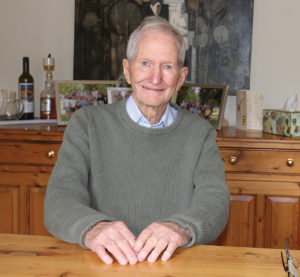
Dr Don Reid
Founding member and current chair of the Birthline Board, Don Reid, said while the service continues to answer “a couple of thousand” calls each year, he does have concerns about what the future holds.
“One big change I’ve seen over the years is the general acceptance by the broader community that abortion is just part of normal life,” he told The Southern Cross in the lead up to next month’s anniversary celebrations.
Advertisement
“The early enthusiasm for Right to Life and Birthline has lessened. Those of us at Birthline are all getting older and while there is an occasional young face, there are not many.”
Dr Reid, who recently turned 90, said there was also the continual need to raise funds to keep the service running.
“Our budget in 1972 was $10,000 and in 2022 it is about $70,000 a year and that’s totally raised by donations – and our donors are also getting older,” he lamented.
A Board member for 40 years and vice-chair for about 20, Dr Reid said one of the most significant events in Birthline’s history had been receiving a $100,000 bequest which enabled it to purchase its current premises on Magill Road.
Reflecting on how the service has changed over the years, Dr Reid said many of the calls received today were requests for material assistance, with women often referred to Birthline by a range of agencies including refugee associations, homeless and domestic violence support groups and hospitals.
“A lot of the calls now are for material assistance and that has become a big part of Birthline,” he said, adding that they were always on the lookout for cots, prams, bassinettes and car seats.
Advertisement
“It takes some organisation to collect, clean, sort and distribute these items and it is done purely by volunteers, but they’ve accomplished it and we are now running out of space at Magill Road!”
A member of the St Ignatius parish, where he has served as a commentator, reader and RCIA facilitator and where wife Margaret sings in the choir, Dr Reid said his pro-life stance has been fostered not only by his Catholic faith but his belief in the “human rights” of the unborn child.
The father of seven, grandfather of 14 and great grandfather to five, recounted a time during his medical training in the 1950s that had a lasting impact on his view of abortion.
“At that time only 10-20 abortions were performed at the Royal Adelaide Hospital in cases where doctors believed it was necessary to help the mother,” he said.
“The one that probably made the biggest impression on me was in 1956 and I was the intern in the gynaecology ward at the RAH. There was a young woman with advanced heart disease – it was before open heart surgery so no-one knew how to fix it – and she was struggling at 20 weeks of pregnancy.
“The best opinion of the doctors was that she wouldn’t make it to the final 40 weeks so they performed a mini caesarian section at 20 weeks.
“I remember I avoided being part of the operation…the unborn child was taken out of the uterus and put in a steel tray and then taken out the back and left there. I went out there and he was trying to breathe and his heart was beating and I baptised him. It made a really deep impression on me.”
Longest serving volunteer counsellor, Barbara Engelhardt, said it was impossible to work at Birthline without seeing the impact abortion has on women.
“At Birthline we are here for the women, we are here to talk to them before they have the abortion, if that’s what they wish to do, but we’re also here if they’ve had the abortion,” she explained.
“When you are grieving you need to be able to speak to someone and it’s so important you can talk to someone who is prepared to listen and not judge you.
“You can’t work at Birthline without knowing how much abortion hurts women. We hear their pain, we hear their sorrow.”
Joining the service in 1988, Mrs Engelhardt who is a qualified social worker, served as the director for 25 years and continues to be one of the regulars on the volunteer counselling roster.
A mother to 10 (including six adopted children), with 17 grandchildren and one great grandchild, Mrs Engelhardt said throughout her time at Birthline she had always been struck by the “pressure men exert on women”.
“Unfortunately men have a very big influence in the decision (for women to have an abortion). When I first started here I wrote that abortion is a ‘stick to hit women with’ and nothing, in all these years, has made me change my mind. It’s really sad,” she said.
“There is no easy solution to an unplanned pregnancy and we usually never know what the woman ends up doing.”
A member of the Henley Beach parish where she serves as a special minister and reader, Mrs Engelhardt said Birthline could be proud of its rich history and hoped it would be able to continue its much-needed service for many years to come.
For more information about Birthline or to make a donation go to www.birthline.org.au


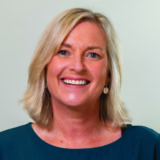
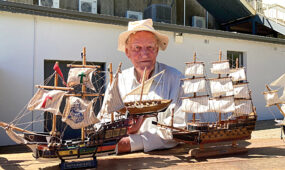
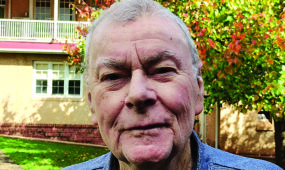
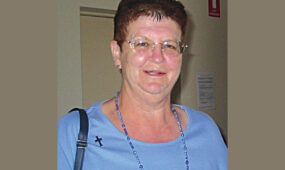
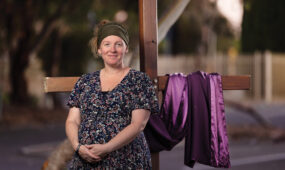

Comments
Show comments Hide comments